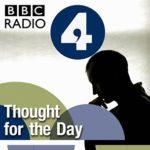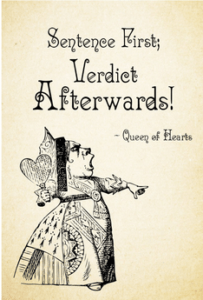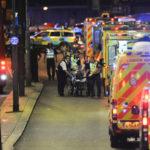
The excitement and wall to wall press coverage of the football World Cup, has temporarily diverted our attention away from appalling suffering in Yemen, Syria and much of the Middle East. Former Liverpool manager Bill Shankly’s famous saying that football is more important than life or death, has a ring of momentary truth for many.
It is much easier to lose ourselves in the excitement of England’s thrilling victory last night over Tunisia with Captain Harry Kane’s winning goal in injury time, or Christiano Rolando’s hat trick in Portugal’s earlier match against Spain, and other highlights of the tournament, than come to terms with the continuing suffering in the Middle East, made worse by Saudi Arabia’s attack on the Houthi rebel port of Hodeida, now mostly under Saudi control. Peace imposed by force, simply tilts things in favour of one of the combatants, and can even add to suffering and a heightened sense of injustice.
Guru Nanak, reflecting on similar suffering in 15th century India, courageously declared that: the one God of us all, looks beyond supposed superiority of birth or creed; that we all belong to the same one human family of equals, all deserving the same rights. God, he taught, is not interested in religious or other labels, but in what we do for our fellow beings.
Following the suffering of the second world war, the UN Declaration of Human Rights carried similar sentiments The Security Council was created to ensure such rights were respected. The tragedy of politics today, is those charged with keeping us to norms of civilised behaviour, without taking sides, (referees of political foul play) are often active offenders, sometimes taking sides to further their own self-interest. It is worth reflecting that much of the weaponry fueling conflicts across the world is supplied by members of this peace keeping body.
Football may at times be fractious, and has its own share of problems, but in football and sport generally, there is genuine respect for different teams, as well as for members of different faiths within teams. The world of sport readily accepts, what the former Chief Rabbi, Lord Sacks called: the ‘dignity of difference’, and has a lot to teach the world of politics.


 Britain’s decision to take military action against Syria is like Alice in Wonderland: ‘sentence first-verdict afterwards’, says Lord Singh
Britain’s decision to take military action against Syria is like Alice in Wonderland: ‘sentence first-verdict afterwards’, says Lord Singh
![[Image: 'share of arms sales by country' by crossswords is licensed under CC by SA 4.0]](http://nsouk.co.uk/wp-content/uploads/2016/10/Biggest_arms_sales_2013-300x271.png)